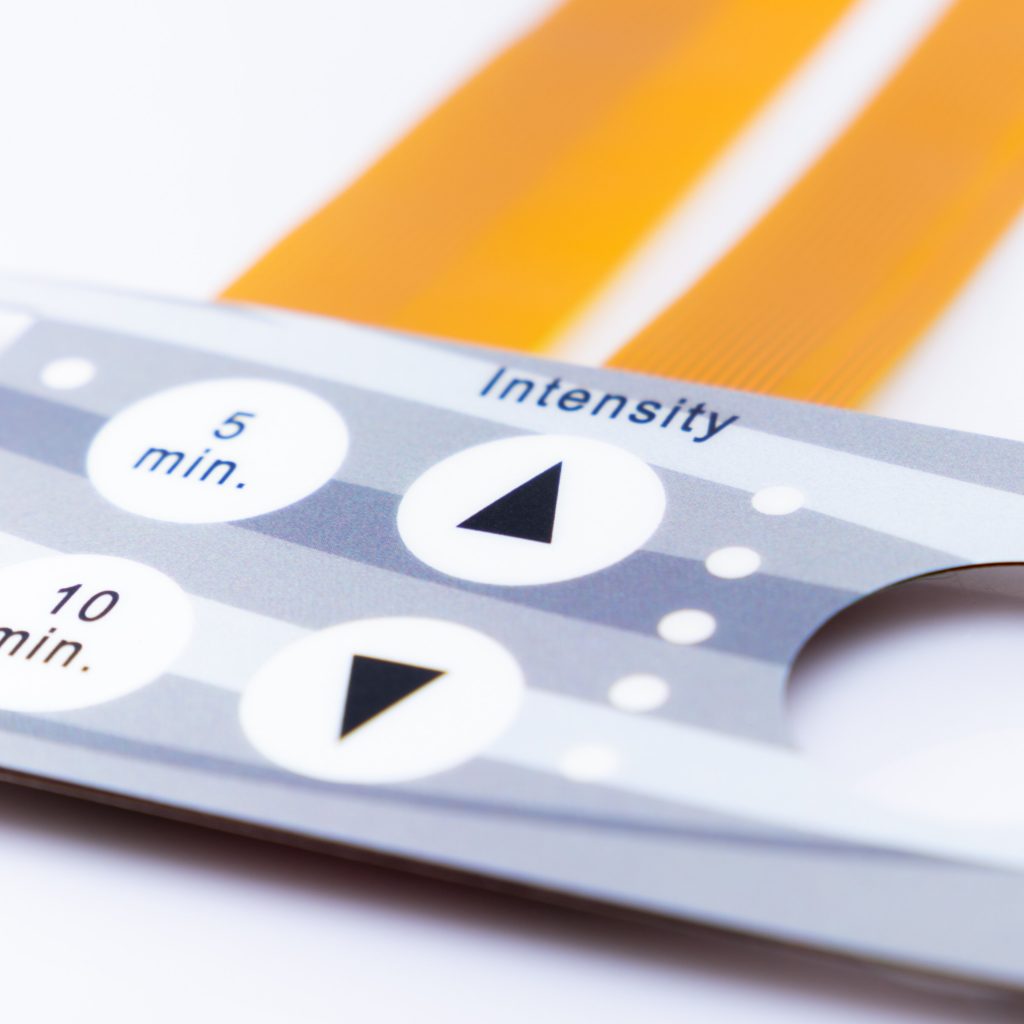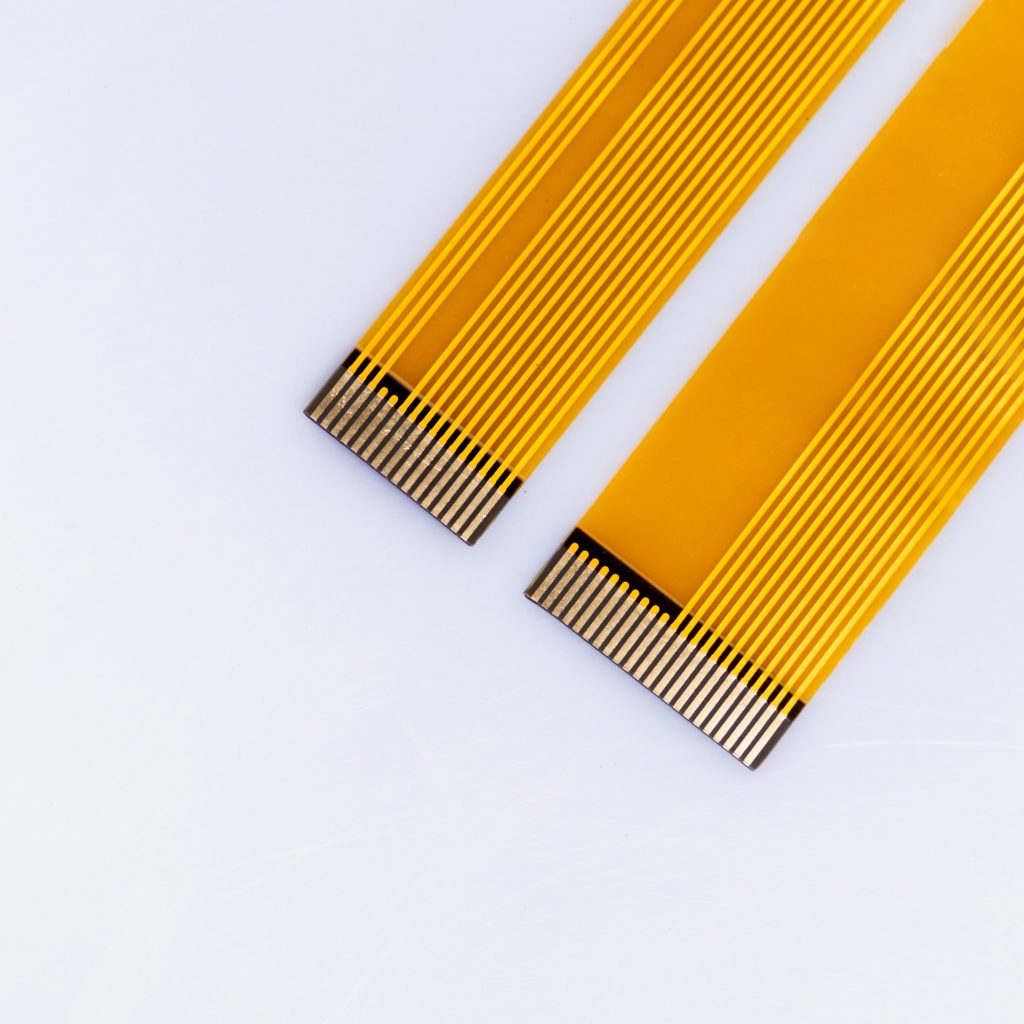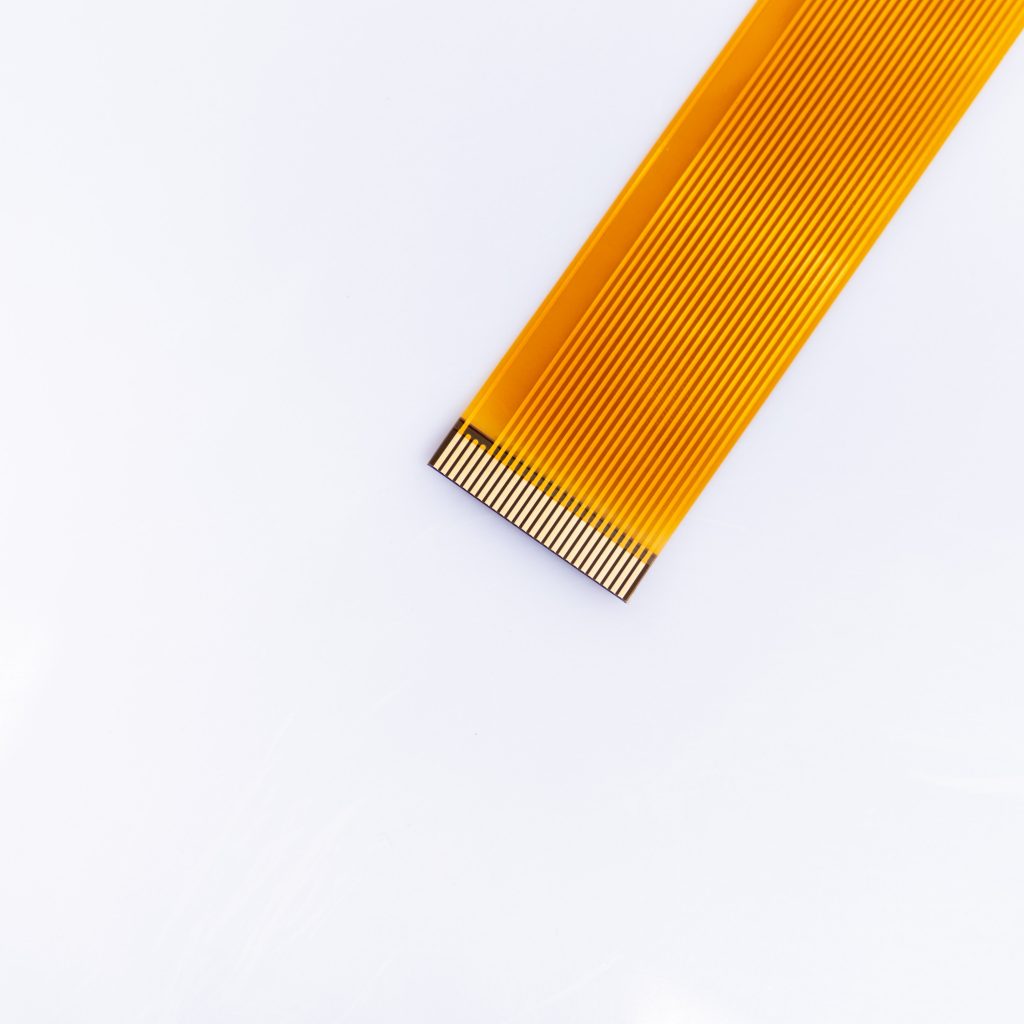Contact
Write to Us And We Would Be Happy to Advise You.
Do you have any questions, or would you like to speak directly with a representative?
By hqt
In the world of electronic devices, membrane switches play a crucial role in user interface design and functionality. These thin, flexible, and cost-effective switches are commonly used in various industries, from consumer electronics to industrial machinery. One critical aspect of designing a reliable membrane switch is ensuring its chemical resistance. In this article, we will delve into the importance of chemical resistance in membrane switches and explore the selection of special materials to enhance this resistance.



Before we dive into the specifics of chemical resistance, let’s have a brief overview of membrane switches. These switches are composed of multiple layers, typically including graphic overlays, spacer layers, and a bottom adhesive layer. When a user presses a key or button on the graphic overlay, it compresses the spacer layer, creating an electrical circuit and sending a signal to the device’s controller.
Membrane switches can find themselves in various environments, some of which may expose them to harsh chemicals or substances. For instance, in industrial settings, machines often operate in environments with oils, solvents, and cleaning agents. In such cases, the chemical resistance of a membrane switch becomes paramount to its longevity and functionality.
Users expect electronic devices to withstand the test of time. A membrane switch that succumbs to chemical exposure is not only costly to replace but also reflects poorly on the device’s overall quality. Ensuring the chemical resistance of the switch materials is, therefore, crucial to meeting durability standards.
Reliability is a top priority when designing electronic devices. The failure of a membrane switch due to chemical damage can lead to operational disruptions, potential safety hazards, and financial losses. By selecting materials with excellent chemical resistance, you can enhance the reliability of your product.
Silicone rubber is a popular choice for the top layer of membrane switches. It offers exceptional resistance to a wide range of chemicals, making it an ideal option for applications where exposure to harsh substances is a concern. Additionally, silicone rubber provides a comfortable and tactile feel for users.
Polyester is another material commonly used in membrane switch construction. It boasts good chemical resistance and can withstand exposure to many common solvents and chemicals. Polyester overlays are also known for their graphic clarity and durability.
In some cases, applying specialized coatings to membrane switch layers can further enhance chemical resistance. These coatings can be customized to provide protection against specific chemicals encountered in particular applications.
The chemical resistance of membrane switches is a critical factor in ensuring the longevity, durability, and reliability of electronic devices. By selecting the right materials, such as silicone rubber, polyester, or specialized coatings, you can greatly enhance the resistance of your membrane switch to harsh chemicals. This, in turn, leads to improved performance and customer satisfaction.
A membrane switch is a thin, flexible switch commonly used in electronic devices for user interface purposes.
Chemical resistance is crucial because it ensures the switch can withstand exposure to harsh chemicals, enhancing its durability and reliability.
Silicone rubber and polyester are commonly used materials in membrane switch construction.
Yes, specialized coatings can be customized and applied to membrane switch layers to enhance their chemical resistance.
Choosing materials with excellent chemical resistance and proper maintenance can ensure the longevity of your electronic device with a membrane switch.
Do you have any questions, or would you like to speak directly with a representative?